"Ripping off" is no longer a matter of "one bad apple spoiling the barrel" but is truly painful, tarnishing the image of Vietnamese people, "painting" "misshapen patches" for tourism, negatively affecting the nation's reputation.

Not only are there “eternal stories” related to price gouging, service fraud, poor product quality, etc., there are also countless “negative points” in behavior that have been making the image of Vietnamese tourism in many destinations ugly. Like the recent weekend experience in Cua Lo, Nghe An with the company of tourist Nguyen Thuy Nga from Hanoi.
“Transportation here is ridiculous. At night and in the morning, the tram runs like a dragonfly about to rain, and at noon, when we want to call a car to go eat, we have no choice but to give up because 'it's sunny and they've all gone home to sleep.' The hotel service car called to take a group of 7 people for about 500 meters, then kicked them off because there was a longer trip, leaving them to fend for themselves in the sun,” Ms. Nga sighed, recalling the unforgettable experience.
When will Vietnamese tourism stop being "snap-and-grab"?
Continuing the story, Ms. Thuy Nga shared that the aftertaste of the vacation was sadness, disappointment and frustration. The first problem she encountered was the unreasonably high room rates. Expensive not because the price was too high but because it was not commensurate with the quality.
Previously, I stayed in Quy Nhon last weekend, I stayed at a hotel right on the beach, a double room with sea view, clean like 5 stars for 500,000 VND/night, so when I heard the staff quote a double room in Cua Lo for 600,000 VND/night, at the back without sea view, I was still somewhat reassured, at least it was clean and beautiful.

“But oh my god, when I got to the room, I was stunned. The company booked more than 10 rooms, but 3 of them had broken air conditioners, and one had no shower; the sheets, pillows, and towels were all cheap and stained, the whole room only had a 60cm fluorescent light bulb that was dimly lit, the walls were bare and covered in graffiti… My child turned to me and whispered, ‘Mom, this room is terrible for free, let alone charging money.’ Honestly, I don’t know what words to use to describe my feelings at that time,” said Ms. Nga.
This tourist said she did not want to speak ill of her homeland, but if she did not speak up, she would feel dishonest and if this situation continued, Cua Lo would be very bad in the eyes of tourists. She said: “Since the beginning of the summer, participating in travel groups, I have heard people complaining about Cua Lo ripping off tourists, prices not commensurate with the quality of service... I thought that everyone was used to sitting on the beach ordering food, and now going to a restaurant would feel unfamiliar, but it turned out that was not the case.”
She assessed that over the years, she has not seen much improvement in her hometown's tourism infrastructure, but only a decline in service quality and service attitudes, and the gentle, simple nature of the villagers has disappeared with the speed of urbanization. "I really hope that Cua Lo people will look back at themselves. Because each person working in tourism carries the mission of being an ambassador. They will bring the first emotional touches to tourists. The government also needs to review and rectify service quality and people's attitudes before each tourist season," she said.
Having also had a less than pleasant experience during a work survey trip to a coastal province in the Central region this summer, Ms. Dau Thuy said that the incident would not have been worth mentioning if the homestay owner had accepted her suggestions with an open-minded attitude to improve the quality of service, instead of arguing and even challenging the customers.

“We do not consider ourselves 'gods' to be too demanding, but it is true that the communication and service attitude of the owners of the spontaneous homestays that are springing up like mushrooms today need to be reviewed. It is clear that they have not been properly trained to learn the skills of welcoming and serving guests, to understand the need to behave civilly and understandingly with tourists if they want them to come back to them,” Ms. Thuy shared.
These tourists share the same opinion that if they continue to have the mindset of seasonal tourism and opportunistic business, no tourists will want to return to their destination. Because now is the time to “do real, eat real, compete with real value,” otherwise they will surely receive the “bitter fruit” of being turned away and boycotted by the market and tourists.
Cases like those of Ms. Thuy Nga and Dau Thuy are very common. Even in Hanoi, the “heart” of the country, there is always a problem of overcharging and taking advantage of tourists...
Not long ago, the online community was "stirred up" when a street vendor on Thuy Khue Street "screamed" at a Western customer 200,000 VND for a small bag of apples; or the case of two foreign customers having to pay 50,000 VND for 4 donuts at Hoan Kiem Lake; an American customer having to pay 500,000 VND just to travel a few hundred meters...

Such incidents of “ripping off” customers have caused public outrage. Sadly, this problem has existed for many years in our country with many variations and still occurs everywhere… It is no longer a matter of “one bad apple spoiling the barrel” but is truly painful, tarnishing the image of Vietnamese people, “painting” “unsightly patches” for Vietnamese tourism, negatively affecting the image of the country.
Would any tourist want to return to Hanoi, to Vietnam if they were always afraid of being cheated and ripped off? How long would it take to wash away a bad impression?
How to correct the situation?
It can be said that civilized behavior in tourism is very necessary for both those who work directly in this industry as well as local people participating in tourism activities, because this also reflects the image of the country. However, the current state of civilized behavior in Vietnam's tourism still has many negative aspects. So, what is the solution to correct this situation?
According to the Director of the Vietnam Institute for Tourism Development Research, Dr. Nguyen Anh Tuan, in 2014, the Prime Minister also issued Directive 14 on destination management and implementing civilized behavior in tourism activities.
Dr. Nguyen Anh Tuan believes that in tourism activities, the issue of civilized and friendly behavior of local people and destinations towards tourists is especially important. It contributes to improving competitiveness as well as attracting tourists to return. Therefore, destinations that want to develop tourism need to pay attention to this factor.

According to this Director, in recent times, many destinations in Vietnam have been quite successful in raising awareness of civilized and friendly behavior of people towards tourists such as Hoi An. Or emerging destinations such as Quy Nhon, Binh Dinh, some provinces in the South Central Coast, mountainous provinces... people are also very friendly, civilized and respectful to visitors. This has contributed to promoting and improving the competitiveness of the destination.
“However, in reality, there are still many destinations that, for the sake of immediate benefits, still treat tourists disrespectfully or stalk and solicit tourists, even have acts of 'ripping off' and defrauding tourists through providing services such as transportation, food and drink, etc., which annoys tourists,” Mr. Tuan commented.
Dr. Nguyen Anh Tuan believes that the government needs to play a role in strictly handling such violations and raising awareness among people and businesses employing workers at destinations and tourist areas for long-term benefits. In particular, there needs to be training and education programs to raise awareness among people in civilized and friendly behavior towards tourists in order to build the image and brand of the destination.
The Ministry of Culture, Sports and Tourism has issued a Code of Conduct for Friendly and Civilized Behavior. However, more specific regulations and sanctions are still needed for each local government, business, and citizen to easily turn awareness into action when behaving towards tourists in a truly civilized and friendly manner.
In fact, it is easy to set up rules and regulations for businesses, but how can local people at the destination be made aware of the importance and role of civilized and friendly behavior that will create practical benefits for themselves?

Regarding this issue, according to Mr. Nguyen Anh Tuan, the role of local authorities is very important in disseminating and guiding the code of conduct to the people. Even professional social organizations can also participate in guiding and raising awareness, especially in ethnic minority areas. It is necessary to organize knowledge enhancement to help people understand better, because the long-term interests of the locality will bring them jobs and long-term economic benefits.
“When they are aware and understand the value of tourists, they will automatically act and behave properly towards tourists in a civilized and friendly manner,” Dr. Nguyen Anh Tuan affirmed./.
The act of "ripping off" tourists can be prosecuted for the crime of "Extortion of property" according to the provisions of Article 170 of the Penal Code : “Anyone who threatens to use force or uses other means to mentally intimidate another person in order to appropriate property shall be subject to imprisonment from 01 year to 05 years.” If, through the investigation, there is evidence, testimony, and a basis to determine that when tourists protest against the unusually high price, do not agree to pay, the individual threatens or threatens to use force or other means of mental intimidation, causing tourists to fear for their lives, health, and spirit, forcing them to pay, then there are signs of the crime of Extortion. Also according to the Law, the act of "overcharging" tourists "causing negative impacts on security, order and social safety" can become an aggravating circumstance, and individuals can be sentenced to up to 10 years in prison. In addition, the act of "ripping off" tourists also has signs of constituting the crime of "Openly appropriating property" and "Fraudulently appropriating property." The penalties depend on the nature of the act and the amount of money appropriated as prescribed in the Penal Code. In business and trading, organizations and individuals who commit acts of weighing, measuring, counting, or fraudulently calculating goods or services or using other fraudulent tricks... causing damage to customers may be prosecuted for the crime of Customer Deception as prescribed in Article 198 of the Penal Code. Accordingly, you may be warned, fined from 10 million to 100 million VND or sentenced to non-custodial reform for up to 03 years. |
Source




![[Photo] Overcoming all difficulties, speeding up construction progress of Hoa Binh Hydropower Plant Expansion Project](https://vstatic.vietnam.vn/vietnam/resource/IMAGE/2025/4/12/bff04b551e98484c84d74c8faa3526e0)

![[Photo] Closing of the 11th Conference of the 13th Central Committee of the Communist Party of Vietnam](https://vstatic.vietnam.vn/vietnam/resource/IMAGE/2025/4/12/114b57fe6e9b4814a5ddfacf6dfe5b7f)

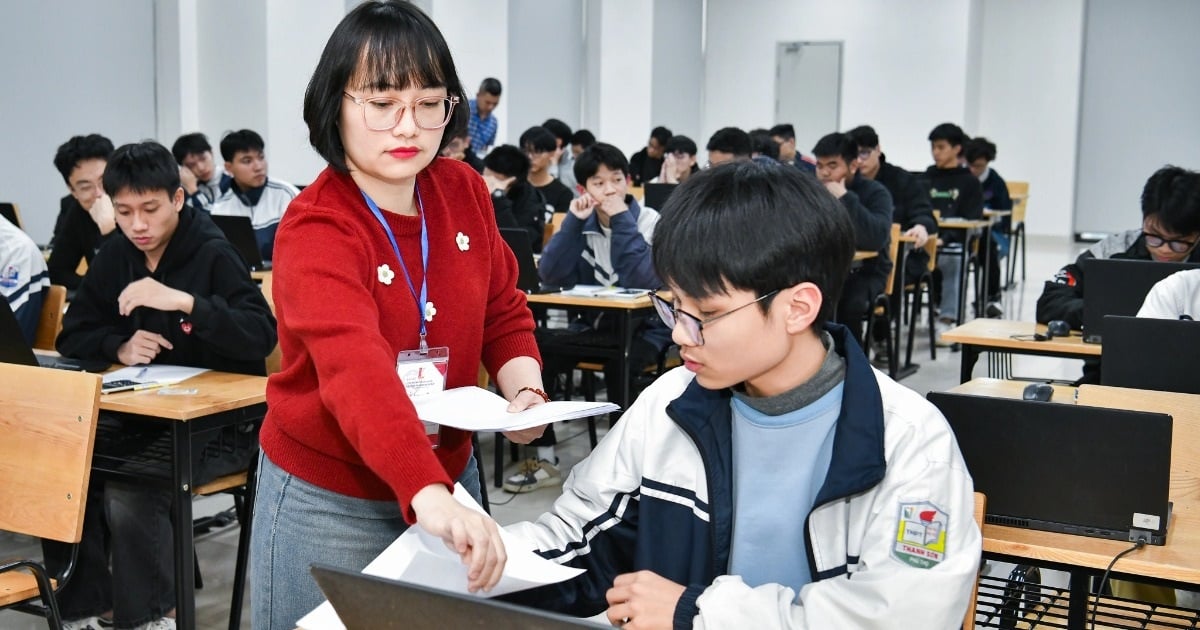

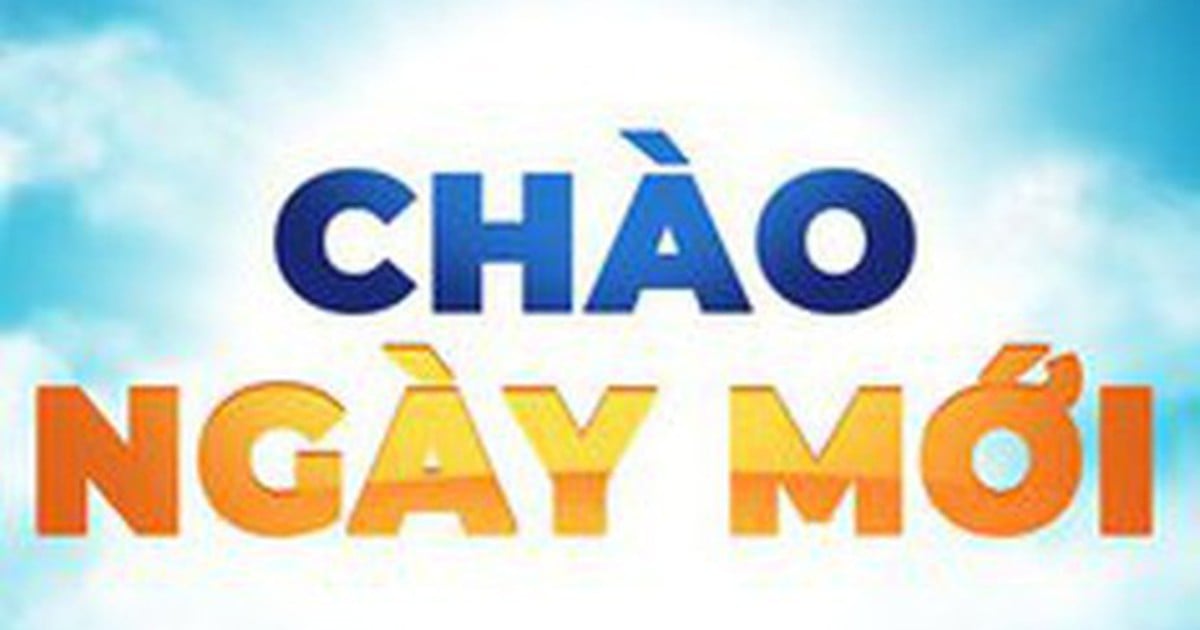

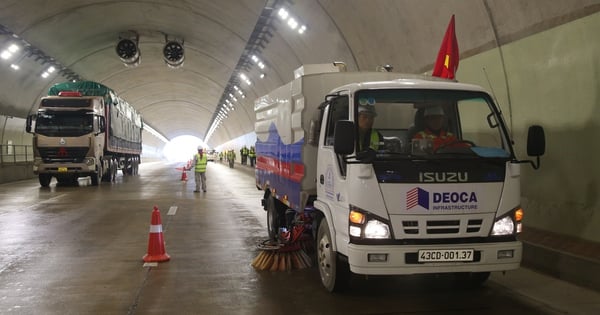

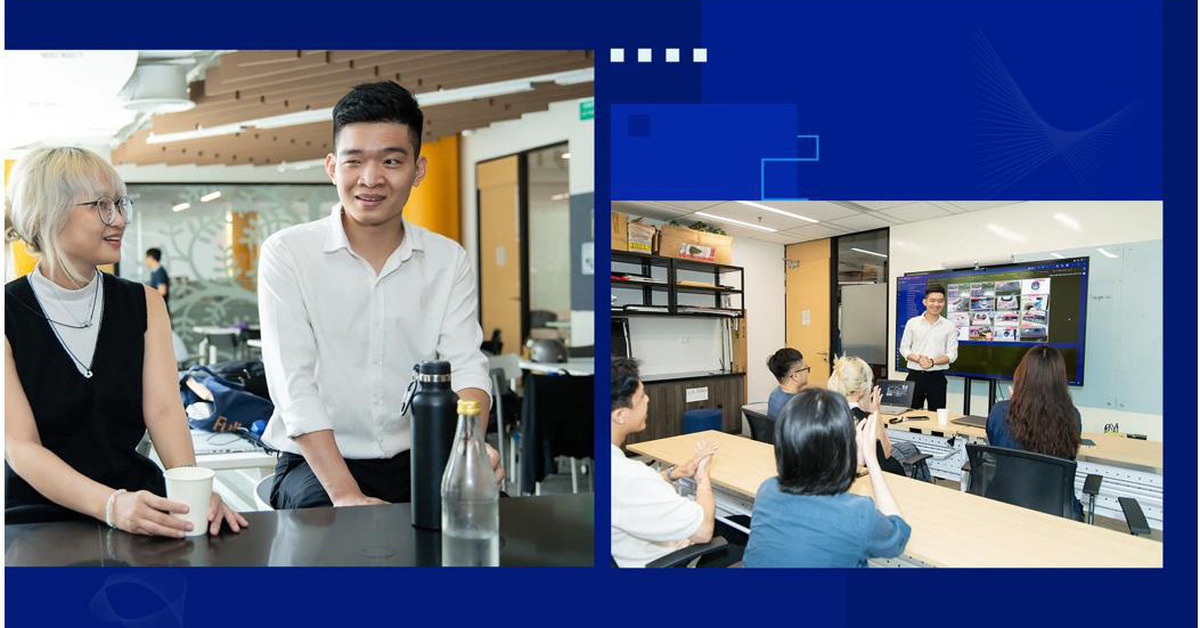


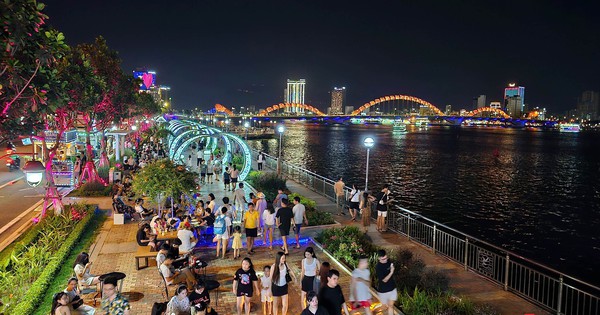

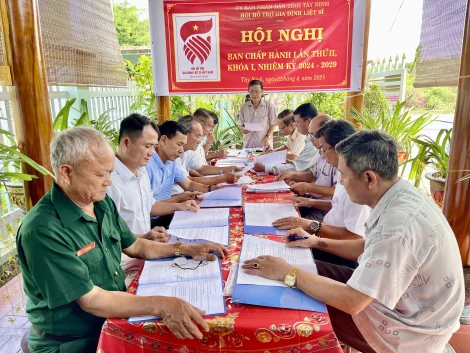
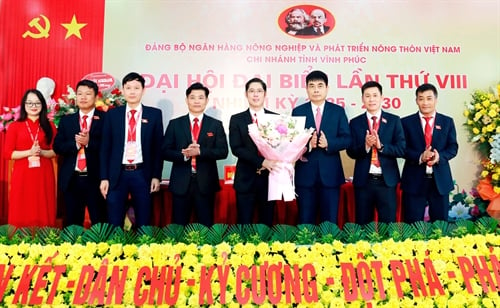







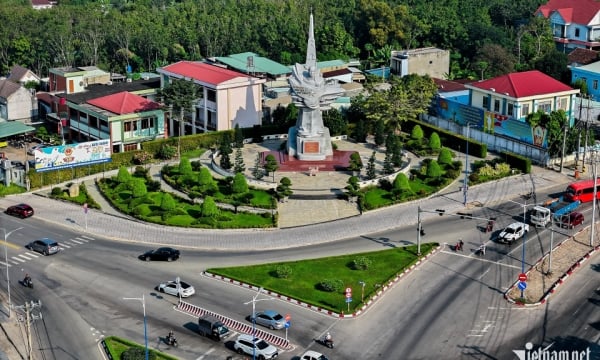
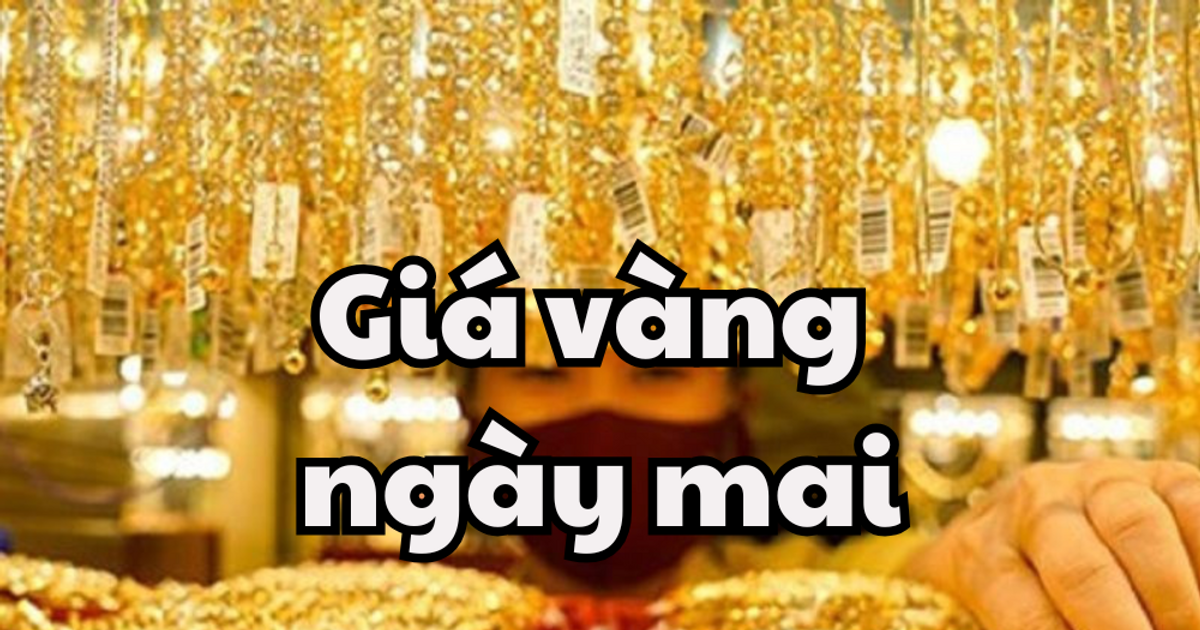
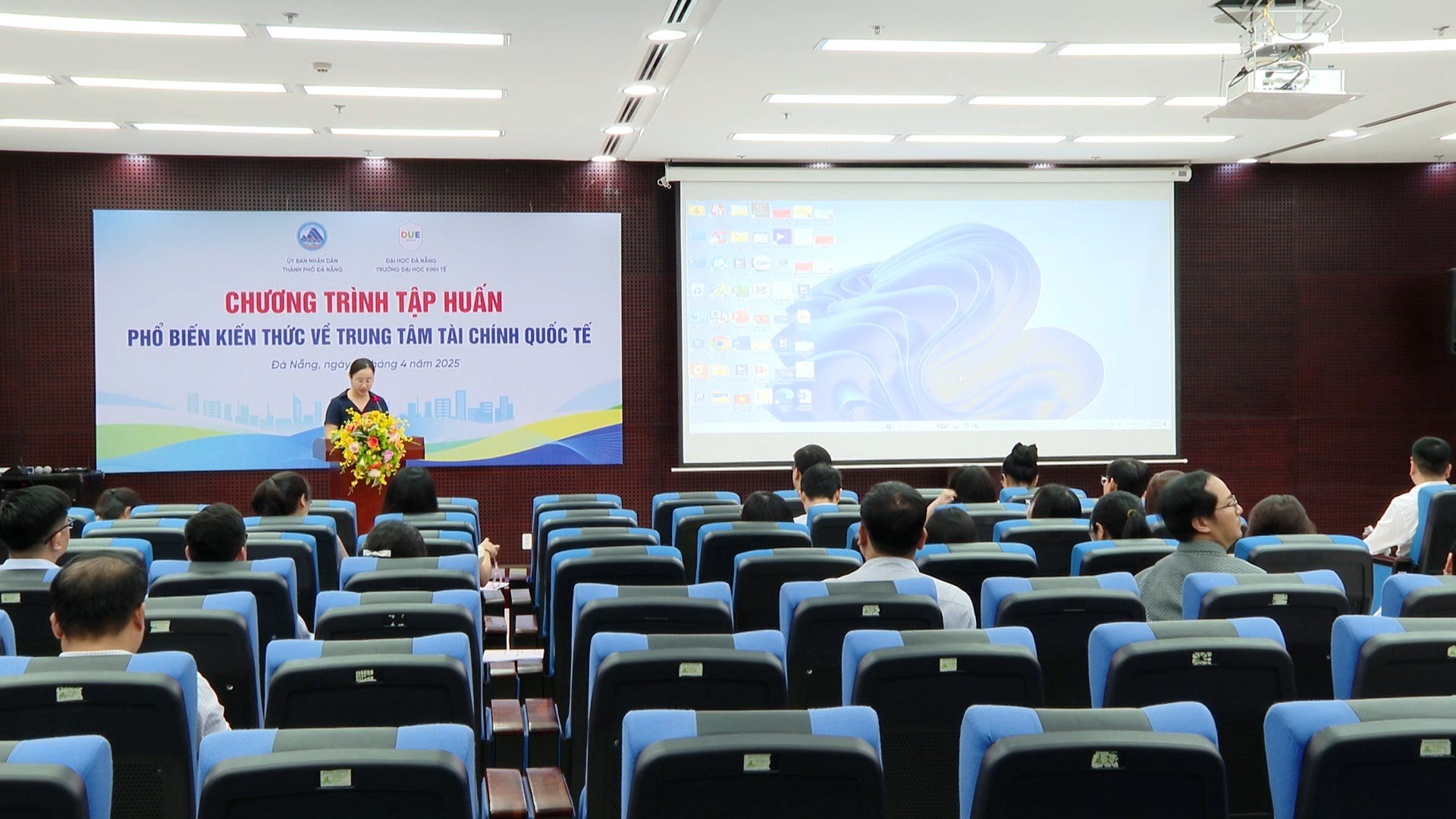
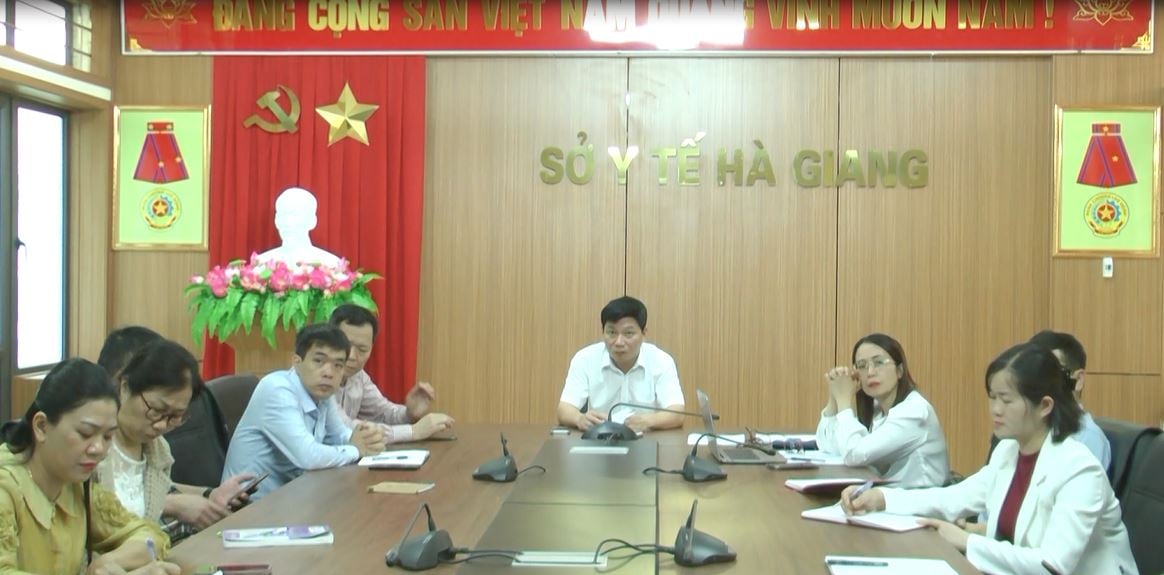
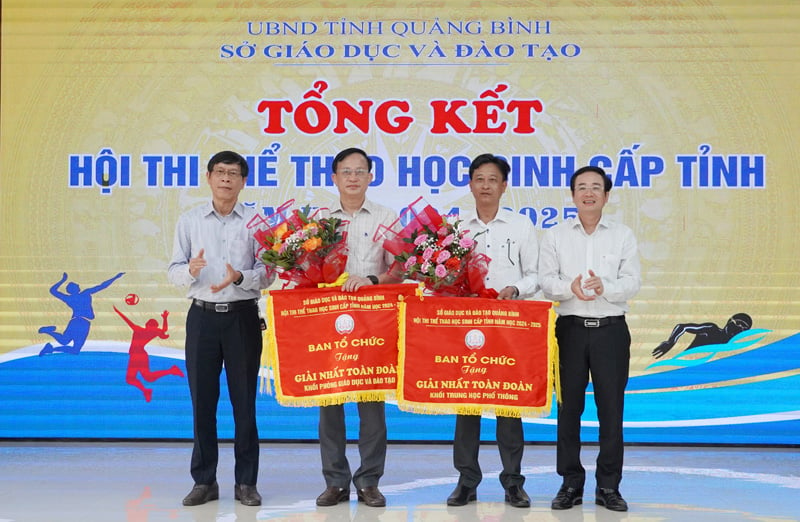
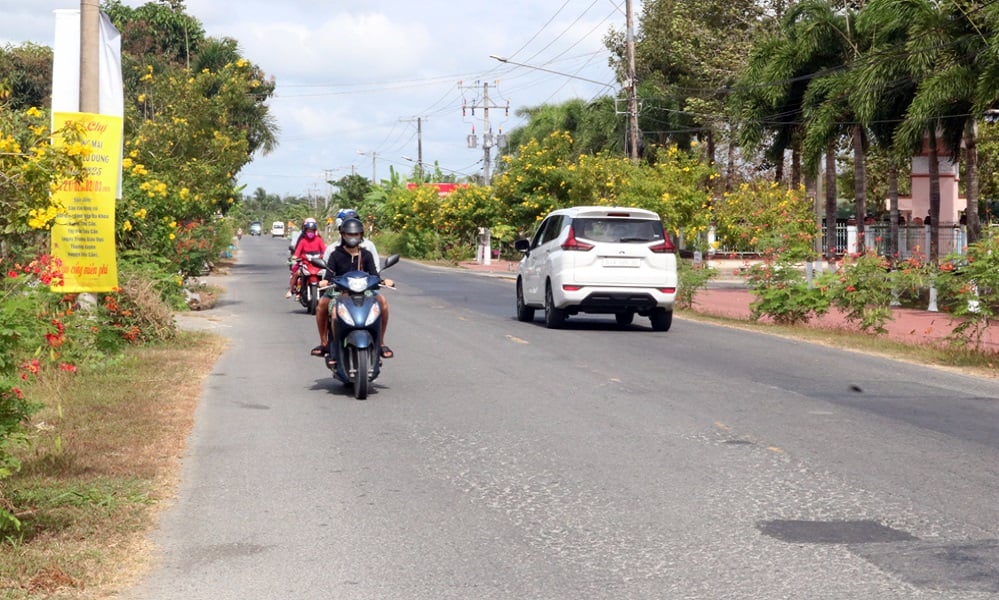










































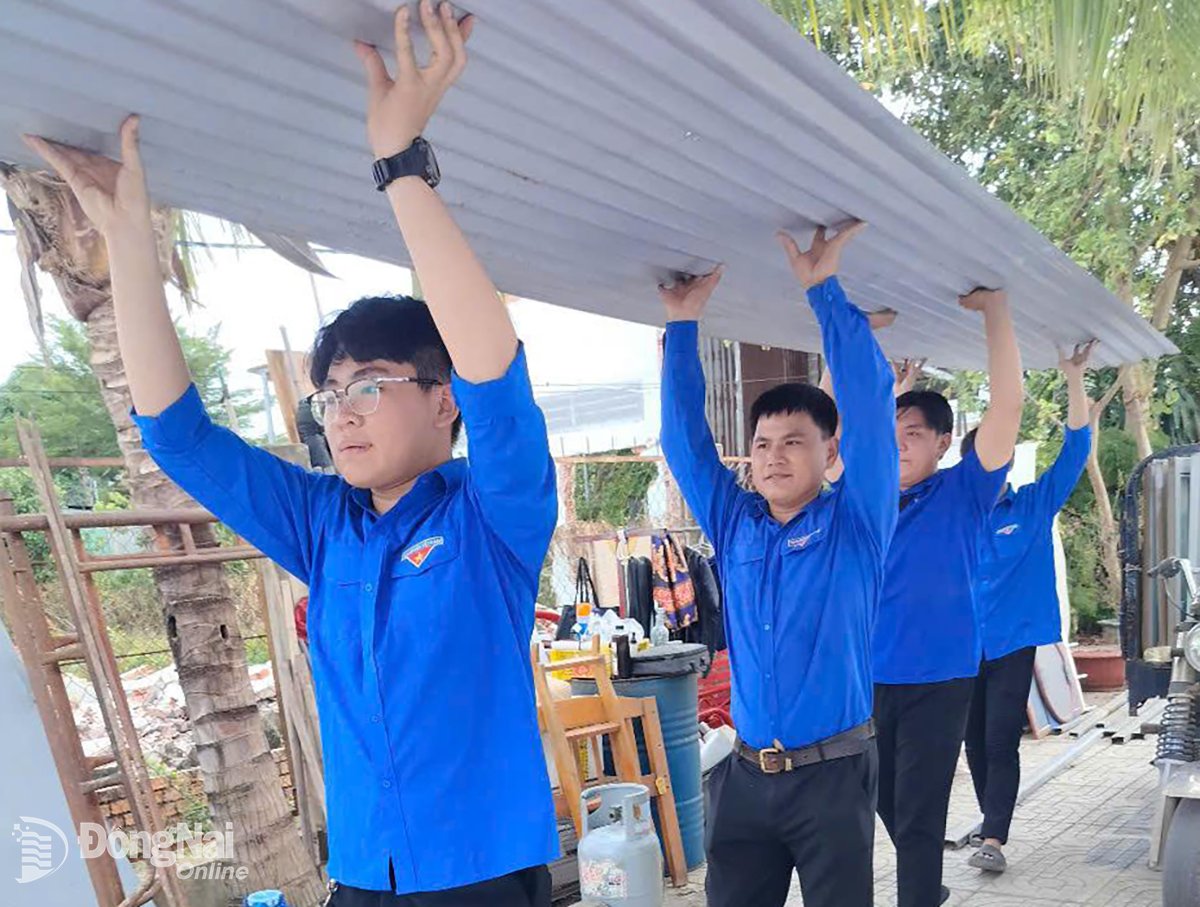















Comment (0)